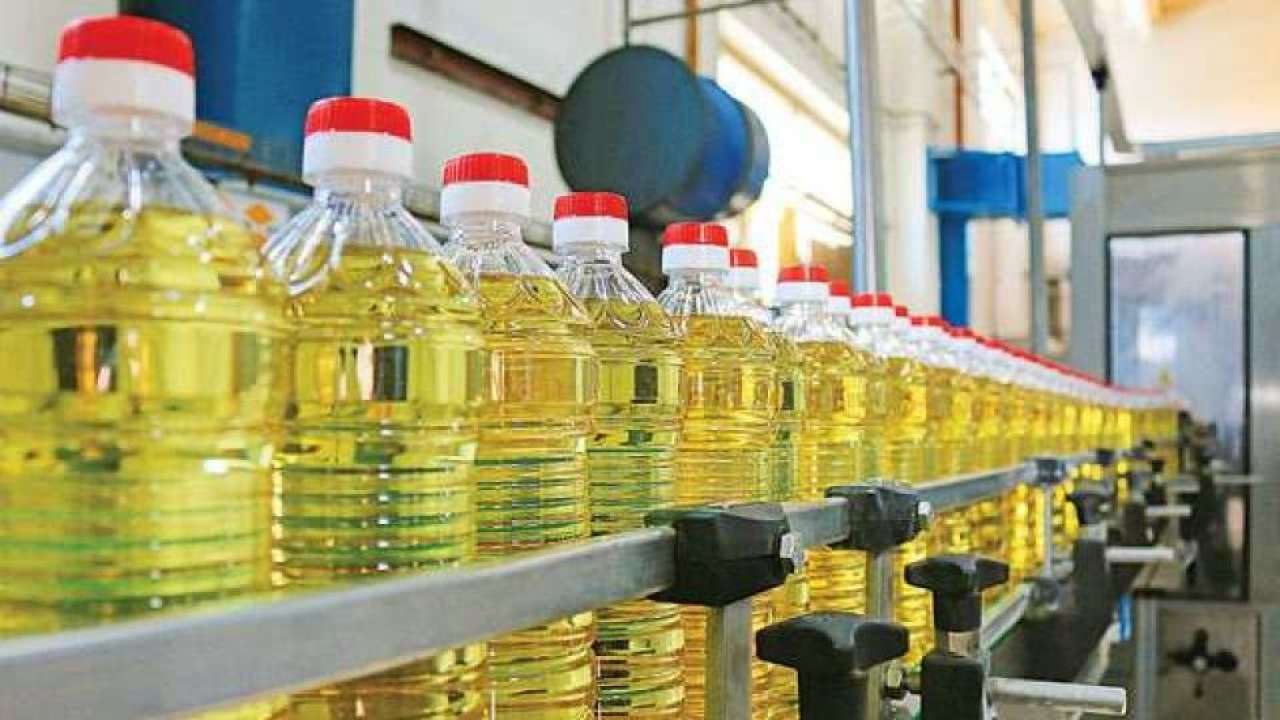Domestic edible oil prices are likely to increase 10-15% within the short term after Indonesia, the world’s largest producer and exporter of oil, has announced a ban on its export from April 28, industry officials said.
Sunflower oil supplies in India have already been affected because of the Ukraine-Russia war, adding pressure to household budgets.
Indonesian President Joko Widodo on Friday announced the suspension of all oil and material exports from April 28 until further orders. The choice comes in the wake of a severe shortage and skyrocketing prices for edible oil within the southeast state.
Indonesia is experiencing domestic shortages and the govt has been forced to place curbs on shipments and introduce price controls.
For the year 2021-22 (October to September), Indonesia’s vegetable oil production has been predicted to be 45.5 million tonnes (mt) consistent with the US Department of Agriculture (USDA).
This is around 60% of the world’s total production of vegetable oil.
The second-largest producer is Malaysia (18.7 mt).
Indonesia is additionally the world’s largest exporter of vegetable oil (29 mt) and Malaysia (16.22 mt) comes in second place.

In Indonesia, the costs of domestic branded oil have increased to 22,000 Indonesian rupiahs (IDR) per litre from 14,000 IDR between March 2021 to March 2022.
On 1st February, the Indonesian government imposed a ceiling on the retail prices at 14,000 IDR for the premium 1, 2, or 5-litre packs and 13,500 IDR for the minimally-labelled but 1-litre containers. These price caps caused the merchandise to disappear from the supermarkets and reports of hoarding increased. The consumers had to face long queues to shop for a pack. 14,000 IDR equals but Rs 74 or USD 1.

The government of Indonesia also made it compulsory for the exporters of oil to sell 20 per cent of their shipments within the domestic market of the country. For these also the govt set prices of 10,300 IDR per kg for RBD (refined, bleached, deodourised) palm olein and 9,300 IDR per kg for crude oil (CPO). From 10th March, the domestic market obligation was raised to 30%.

There are two possible reasons for the vegetable oil crisis in Indonesia. the primary is because of supply disruptions in other cooking oils like soya bean and sunflower. Russia and Ukraine together account for around 80 percent of the world sunflower-seed oil trade and also the crisis has caused a closure in exports.
Also, the sanctions against Russia have also curtailed the oil trade. oil is additionally facing supply issues thanks to South American dry weather. this can be causing the low harvest of soybean from Argentina, Brazil, and Paraguay. This supply crisis of sunflower and oil together with the war and drought has put a crisis on oil too.
The second factor is the use of oil as a bio-fuel. Since 2020, the govt. of Indonesia has made the 30% blending of diesel with oil mandatory to decrease fuel imports. As vegetable oil is being employed as a bio-fuel, there are shortages within the consumer market.

The world’s biggest vegetable oils importer is India. The country imports 8-9 mt of oil annually with Indonesia being its top supplier. In 2021-22 Malaysia became the highest supplier within the country. This crisis also will have a bearing on India because the country won’t be able to import huge quantities of vegetable oil from Indonesia unless the crisis ends.

